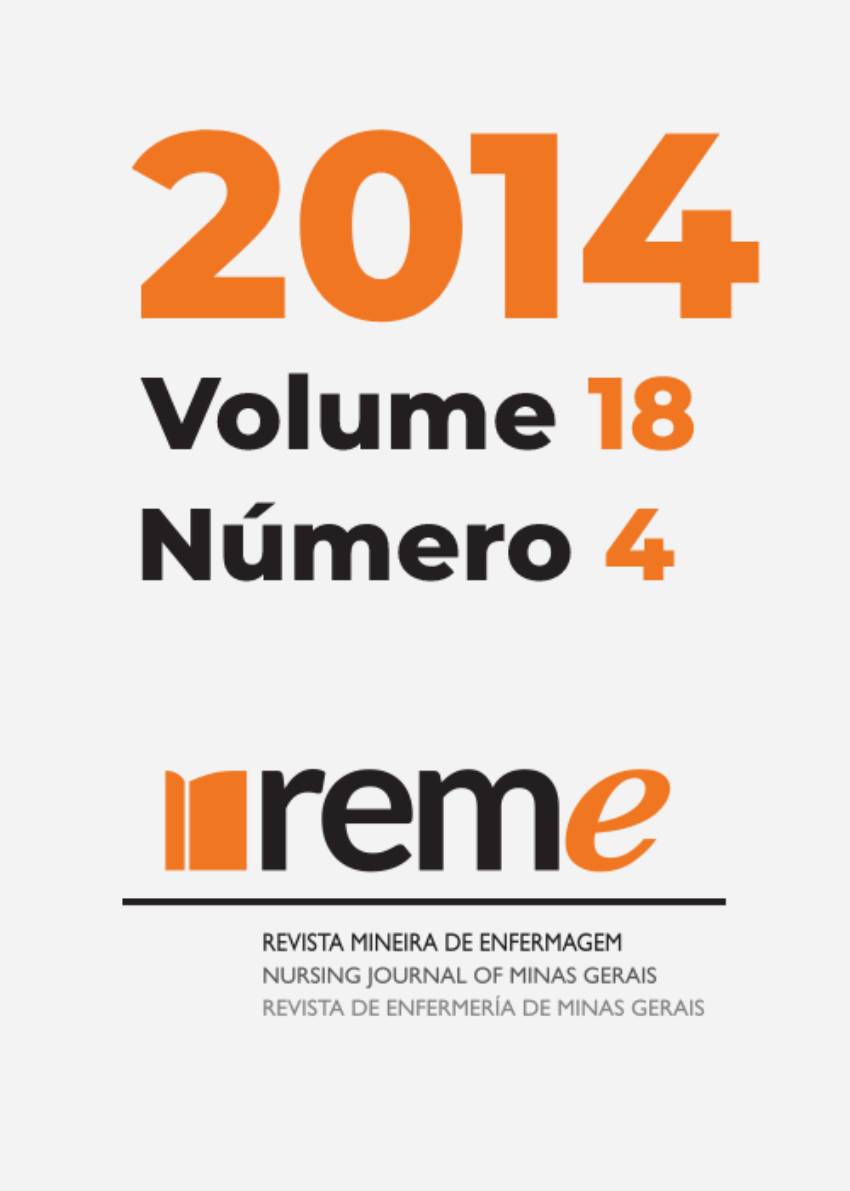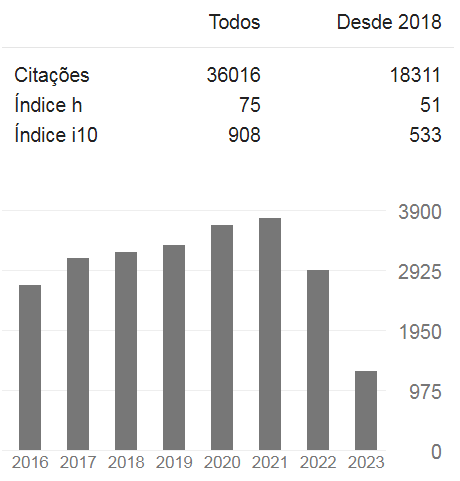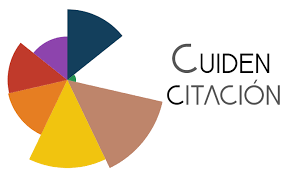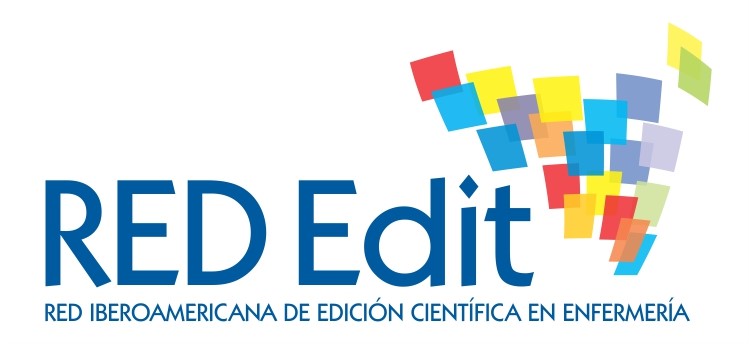Giving voice to children: considerations on qualitative interviews in pediatrics
DOI:
https://doi.org/10.35699/reme.v18i4.50116Keywords:
Qualitative Research, Child, Methodology, Child HealthAbstract
When considering the child as a research subject and attempting to understand their perspective on specific experiences, one must take into account the need to follow meticulous steps to ensure children's autonomy, as well as respect their stage of development and their ability to comprehend. In this light, the present study aims to make considerations on methodological issues that arise when conducting qualitative interviews with children, based on theoretical research available in current literature. This study employed a bibliographic search for the most relevant questions used when conducting a qualitative interview with children. Three main aspects are discussed: cognitive development, strategies used to approach the children, and ethical criteria for the inclusion and participation of children, with emphasis on consent and confidentiality.References
Martins Filho AJ, Barbosa MCS. Metodologias de pesquisas com crianças.
Rev Reflex Ação Santa Cruz do Sul. 2010; 18(2):8-28.
Gaiva MAM. Pesquisa envolvendo crianças: aspectos éticos. Rev Bioét. 2009;
(1):135-46.
Vasques RCY, Bousso RS, Mendes-Castillo AMC. A experiência de
sofrimento: histórias narradas pela criança hospitalizada. Rev Esc Enferm USP.
; 45(1):122-9.
Sigaud CHS, Rezende MA, Veríssimo MDLOR, Ribeiro MO, Montes DC,
Piccolo J, et al. Aspectos éticos e estratégias para a participação voluntária da
criança em pesquisa. Rev Esc Enferm USP. 2009; 43(Esp 2):1342-6.
Epstein I, Stevens B, McKeever P, Baruchel S, Jones H. Using puppetry to elicit
children’s talk for rese-arch. Nurs Inq. 2008; 15(1):49-56.
Coyne I. Accessing children as research participants: examining the role of
gatekeepers. Child Care Health Develop. 2010; 36(4):452-4.
Oliveira RBG, Sparapani VC, Scochi CGS, Nascimento LC, Lima RAG. A
entrevista nas pesquisas qualitativas de enfermagem pediátrica. Rev Bras
Enferm. 2010; 63(2):300-6.
Piaget J. The child and reality. New York: Grossman, 1973.
Spratling R, Coke S, Minick P. Qualitative data collection with children. Appl
Nurs Res. 2012; 25:47-53.
Moore L, Seu IB Giving children a voice: children’s positioning in family
therapy. J Fam Ther. 2011; 33:279-301.
Sparapani VC, Borges ALV, Dantas IRO, Pan R, Nascimento LC. A criança com
diabetes mellitus tipo 1 e seus amigos: a influência dessa interação no manejo
da doença. Rev Latinoam Enferm. 2012; 20(1):117-25.
Sposito AMP, Sparapani VC, Pfeifer LI, Lima RAG, Nascimento LC. Estratégias
lúdicas de coleta de dados com crianças com câncer: revisão integrativa. Rev
Gaúcha Enferm. 2013; 34(3):187-95.
Guillemin M. Understanding Illness: using drawings as a research method.
Qual Health Res. 2004; 14(2):272-89.
Faux AS, Walsh M, Deatrick JA. Intensive interviewing with children and
adolescent. West J Nursing Res. 1998; 10(2):180-94.
Neiva-Silva L, Lisboa C, Koller SH. Bioética na pesquisa com crianças e
adolescentes em situação de risco: dilemas sobre o consentimento e a
confidencialidade. DST J Bras Doenças Sex Transm. 2005; 17(3):201-6.
Downloads
Published
Issue
Section
License
Copyright (c) 2014 Reme: Revista Mineira de Enfermagem

This work is licensed under a Creative Commons Attribution 4.0 International License.






































